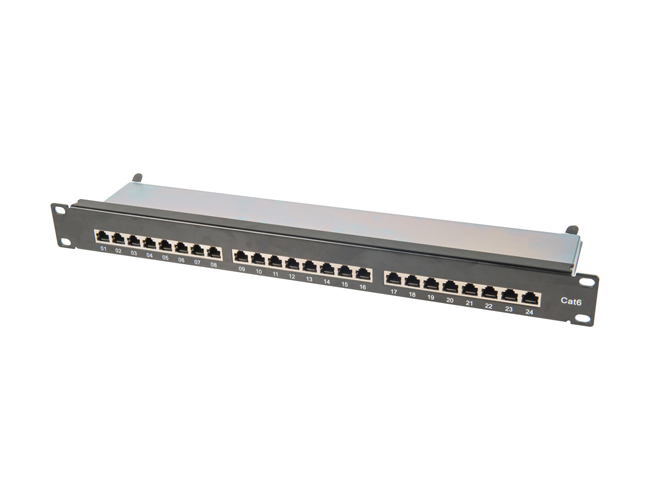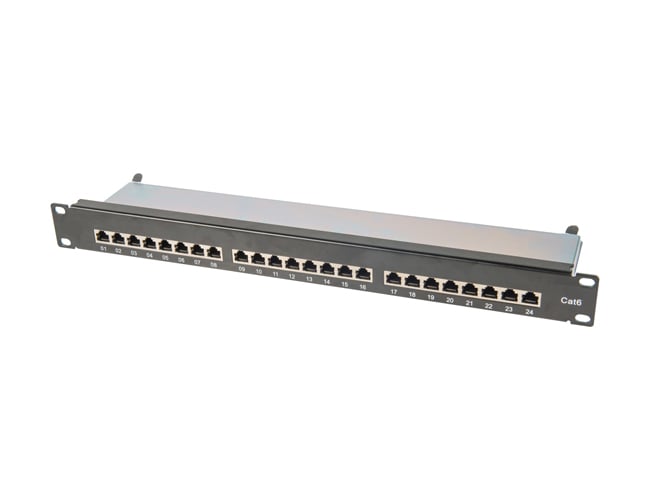News
Site Editor
 Site
https://leonetworkgroup.usa18.wondercdn.com/uploads/image/5fe152faa587d.png
Given that information alone, it might seem like a simple decision. In this blog post, let's consider the difference and similarities between aluminum cables and wire vs copper cable systems.
Site
https://leonetworkgroup.usa18.wondercdn.com/uploads/image/5fe152faa587d.png
Given that information alone, it might seem like a simple decision. In this blog post, let's consider the difference and similarities between aluminum cables and wire vs copper cable systems.
Comparison Between Aluminum vs Copper Cable Systems
Views: 1684
Author: Site Editor
Publish Time: 2022-12-15
Origin: Site
Different characteristics of conductors include conductivity, tensile strength, weight, and exposure to the environment.
For your PV installation, have you thought about aluminum wiring? It is well known that copper costs a lot more than aluminum does.
Given that information alone, it might seem like a simple decision. In this blog post, let's consider the difference and similarities between aluminum cables and wire vs copper cable systems.
Copper Cable Systems
One of the first materials in the world to be recognized is copper. Early electrical experimenters like Ben Franklin and Michael Faraday examined its ductility and electrical conductivity.
Electric motors, telegraphs, and telephones all used copper as the conductor. Copper is the most prevalent conductive metal, aside from silver, and it has taken on the status of an international standard.
Aluminum Cables and Wires
While aluminum has some benefits that make it suitable for some purposes, copper has a long history of being the material of choice for electricity.
Aluminum has a conductivity of 62% than that of copper but only 30% of the weight. This indicates that the naked aluminum wire weighs half as much as the bare copper wire despite having the same electrical resistance. Typically, aluminum is less expensive than copper conductors.

Copper vs Aluminum Cables and Wires
Copper and aluminum are two metals that are frequently used to construct electrical lines. An insulated electrical copper cable is made of copper metal, whereas an aluminum cable is made of aluminum metal.
Due to its excellent electrical conductivity, copper cable is frequently used for electrical wiring. Due to its great electrical conductivity, electricity can pass through it without overheating because it produces less charge as it does so.
Electrical copper wires are preferred because electrical charges in copper metal flow fast. The rubber shielding of the copper cable, which prevents detachment from the cable, is one particular drawback of the copper cable.
Copper wire insulated rubber was replaced by copper tin wire manufacturers. However, copper wire is not frequently used in household wiring due to its high cost.
Because aluminum wire is less expensive than conventional copper wire, it was developed as a substitute. A strong conductor of electrical electricity is aluminum. Some residential applications use aluminum wire for heavy circuit loads, such as air conditioning systems.
Several appliances also employ aluminum. Strong corrosion resistance is known about it, which is a great help in assuring a longer lifespan for all electrical equipment constructed of aluminum wire. Additionally, it is a sensible and affordable solution.
A disadvantage of aluminum metal is that it generates more heat than copper wire because of its high resistance. Aluminum is still used since there is a plentiful supply of it worldwide.
Contact Us for Your Copper Cable Systems
With 75% of all aluminum produced still in use today, aluminum is the industrial metal with the highest proportion of recycling.
This proportion is 65% for copper. With this in mind, aluminum is perhaps a better sustainable option because it depends less on unethical extraction and mining techniques, and its recycling procedures squander less energy.
For additional details and to order copper cable, get in touch with us.
If you want to know more about industrial network cabinet,china fiber optic splice closure,china fiber optic distribution box,please consult the fiber optic splice closure factory




